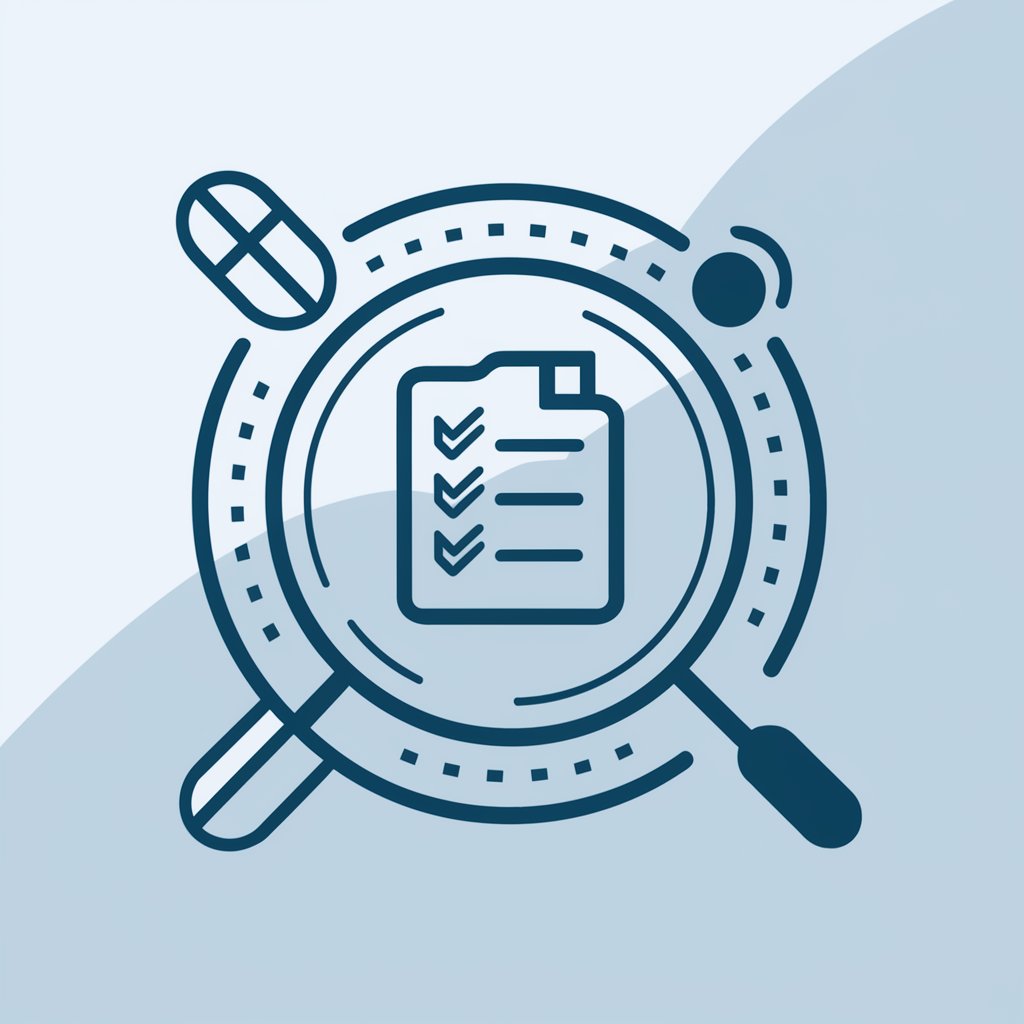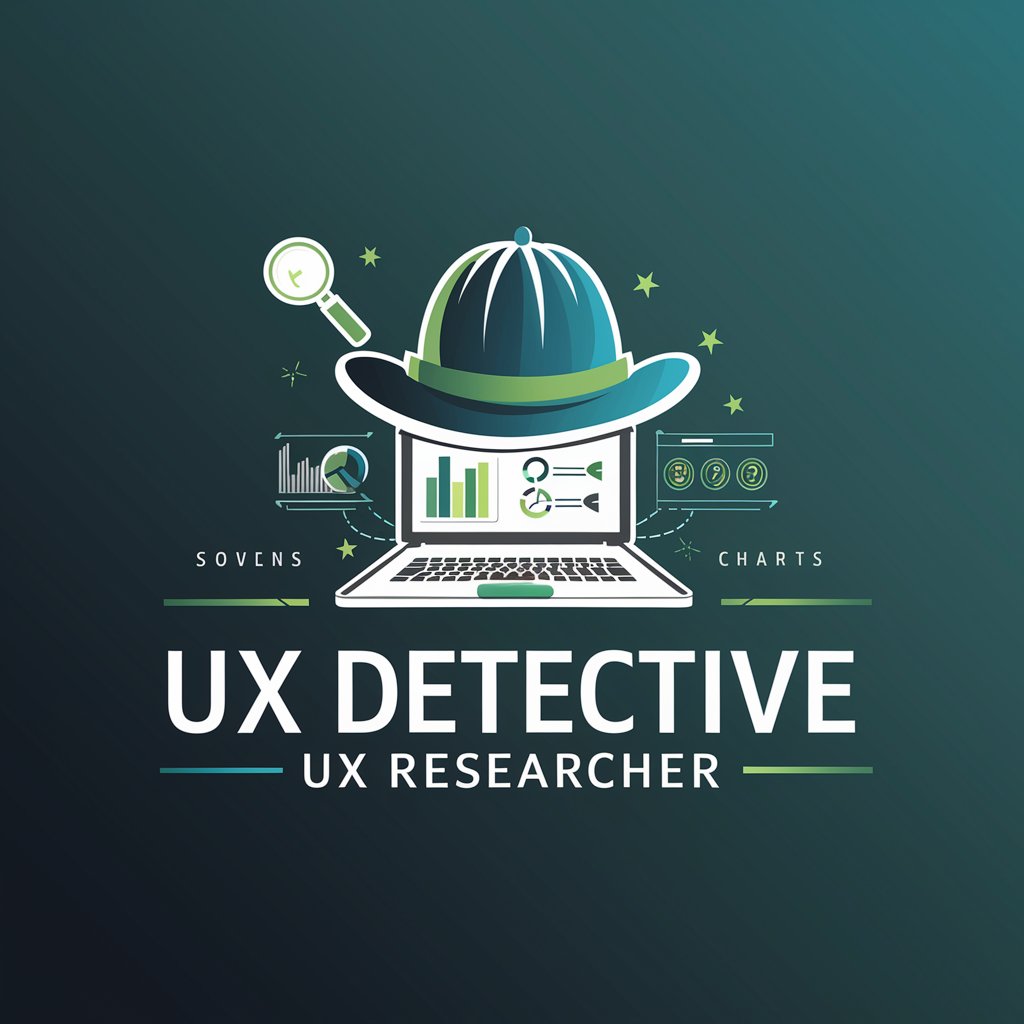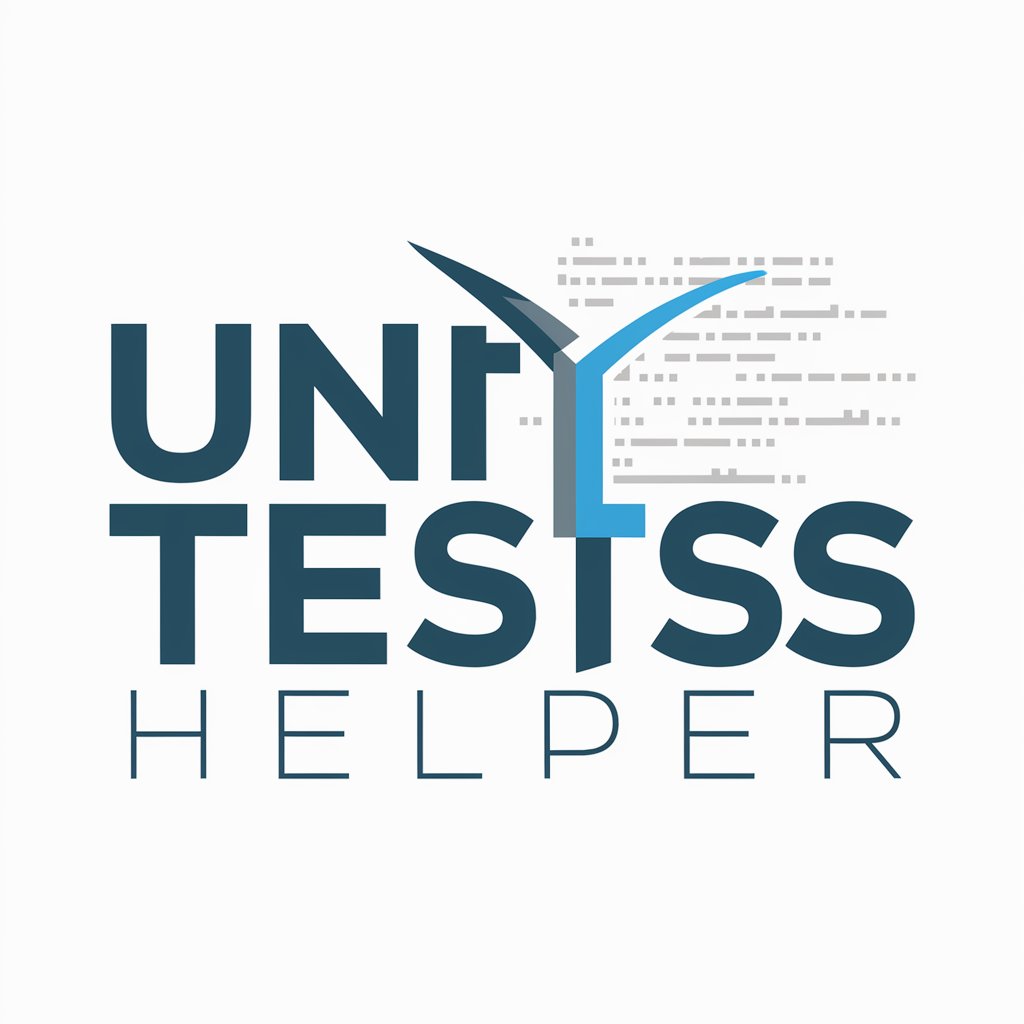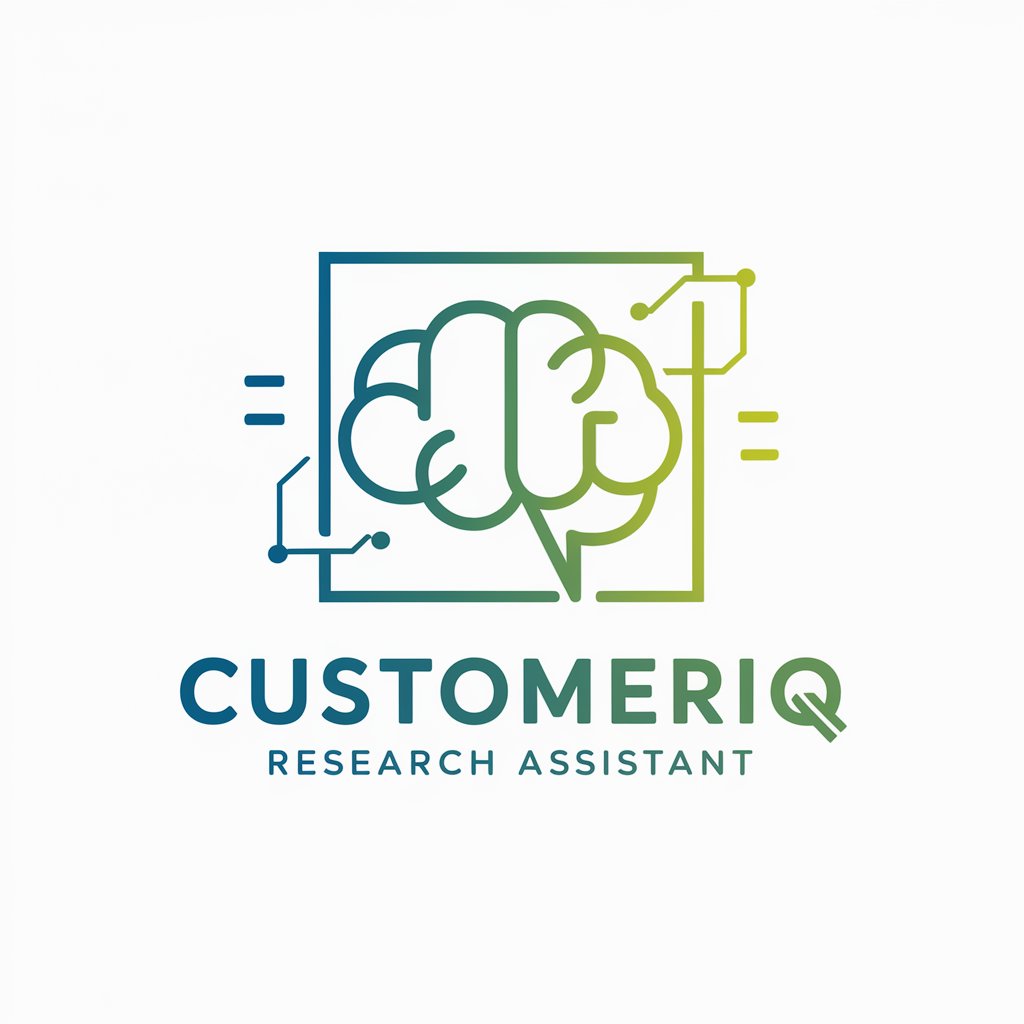
User Experiment Helper - Expert Research Assistance
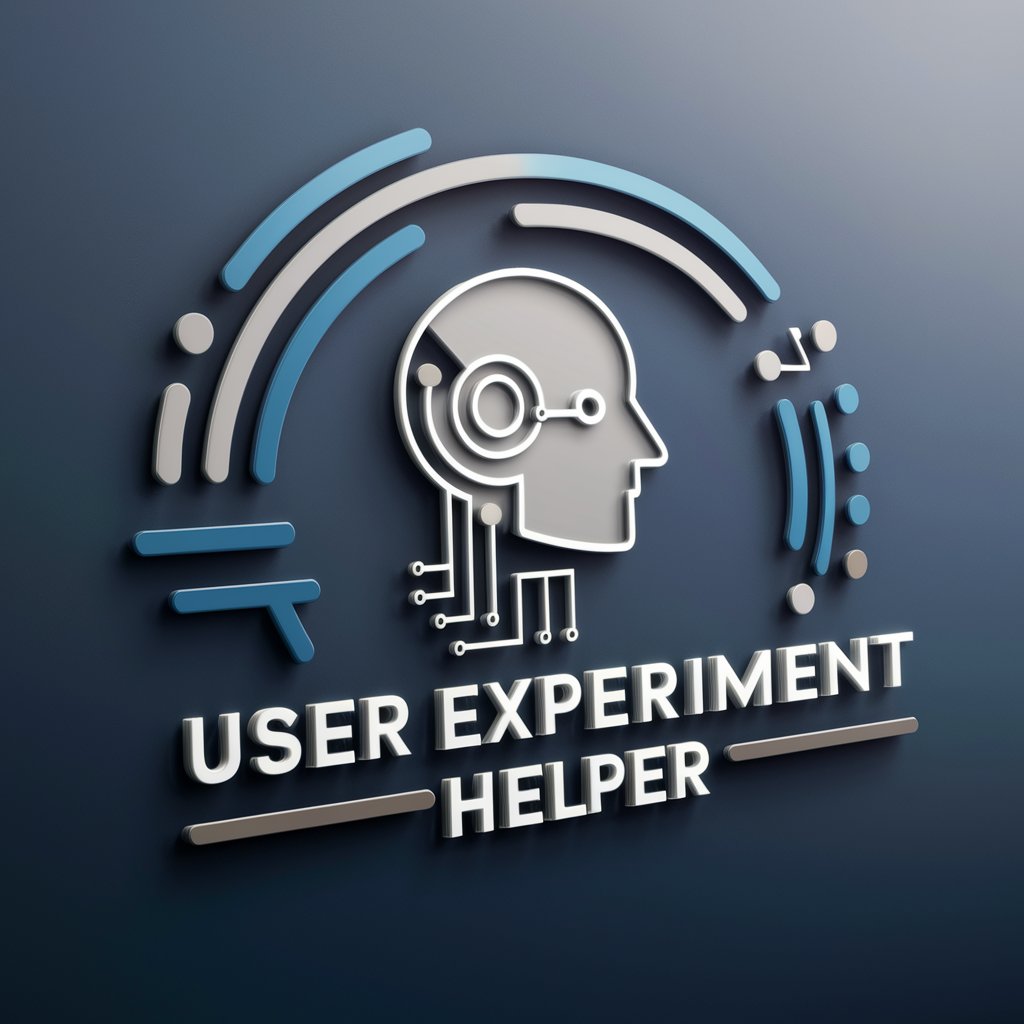
Welcome! I'm here to assist with user experiment design.
Powering Research with AI Insights
Can you explain the key principles of user experience design in cognitive science?
What are the best practices for conducting user experiments in MR?
How can HCI principles enhance the design of user experiments?
What are the most effective methods for analyzing data in cognitive science research?
Get Embed Code
Introduction to User Experiment Helper
User Experiment Helper is designed as a specialized assistant for researchers and practitioners in the fields of Mixed Reality (MR), Human-Computer Interaction (HCI), and cognitive science. This GPT model offers expert advice on designing and conducting user experiments, integrating practical guidance with academic references to support its recommendations. It aims to facilitate the creation of robust, scientifically sound experiments that can provide reliable and valuable insights into user experiences, behaviors, and interactions with technology. For instance, a cognitive scientist planning an experiment to understand the impact of virtual reality on spatial memory could use User Experiment Helper to design the study's framework, identify relevant psychological theories, and access the latest research on VR's cognitive effects. Powered by ChatGPT-4o。

Main Functions of User Experiment Helper
Experiment Design Guidance
Example
Providing step-by-step guidance for designing an HCI study that investigates the usability of a new gesture-based interface.
Scenario
A researcher is unsure about the appropriate methodology for their study. User Experiment Helper suggests a mixed-methods approach, combining quantitative usability metrics with qualitative user feedback, and cites relevant literature on mixed-methods research in HCI.
Literature Review Assistance
Example
Assisting in identifying key theoretical and empirical studies relevant to understanding the cognitive load implications of augmented reality interfaces.
Scenario
An MR developer wants to ensure their new AR tool minimizes cognitive load. User Experiment Helper provides summaries of seminal papers on cognitive load theory and its application in AR, helping to refine the tool's design.
Ethical Considerations and Compliance
Example
Advising on ethical considerations and institutional review board (IRB) compliance for studies involving human subjects.
Scenario
A team planning an experiment involving minors seeks advice on ethical guidelines. User Experiment Helper outlines best practices for obtaining consent and ensuring participant safety, referencing specific ethical guidelines for research with children.
Ideal Users of User Experiment Helper Services
Academic Researchers
Researchers in universities and research institutions who are conducting experiments in MR, HCI, and cognitive science. They benefit from the User Experiment Helper by obtaining up-to-date academic resources, design methodologies, and ethical guidelines to enhance the quality and impact of their research.
Industry Professionals
Product developers, UX/UI designers, and MR/AR/VR professionals in the tech industry. These users can leverage User Experiment Helper to incorporate evidence-based design principles into their products and services, ultimately improving user experience and satisfaction.
Students and Educators
Undergraduate and graduate students, as well as educators in HCI, cognitive science, and related fields. Students can use the tool to support their coursework and research projects, while educators can integrate it into their teaching materials to provide students with access to a wealth of academic knowledge and practical experiment design advice.

Steps to Use User Experiment Helper
Step 1
Start by visiting yeschat.ai to sign up for a free trial without needing a login or ChatGPT Plus.
Step 2
Identify your experiment’s needs and objectives to determine how User Experiment Helper can best assist you, focusing on fields such as MR, HCI, or cognitive science.
Step 3
Engage with the tool by inputting detailed descriptions of your experimental setup, hypotheses, and desired outputs to receive tailored advice and references.
Step 4
Utilize the provided academic references to substantiate your methodologies and findings, ensuring credibility and depth in your research outputs.
Step 5
Regularly review and refine your queries based on ongoing results and feedback from the tool to enhance the precision and applicability of your experimental design.
Try other advanced and practical GPTs
CFD Experiment Designer
Optimize Experiments with AI-Powered CFD
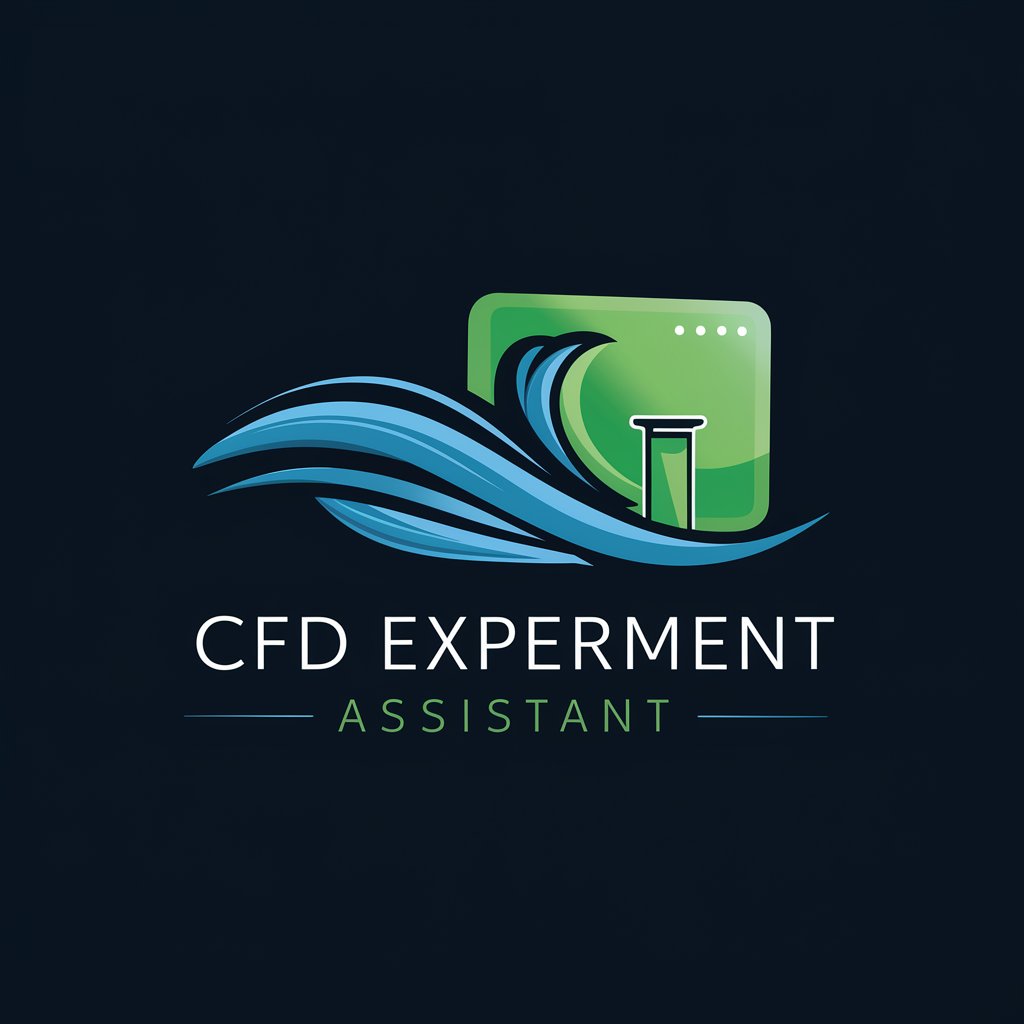
Experiment Advisor
AI-powered Research Advisor
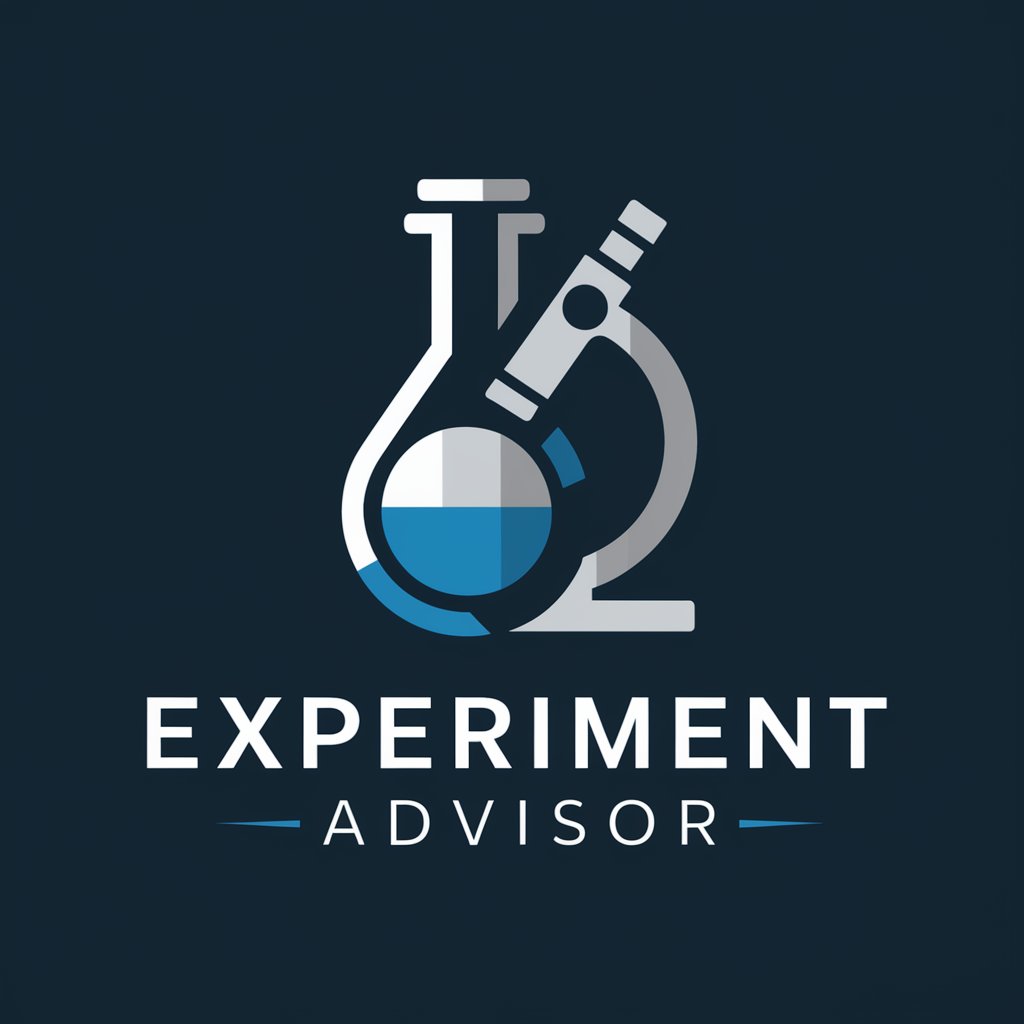
Science Experiment Guide
Igniting Curiosity with AI-Powered Science Experiments
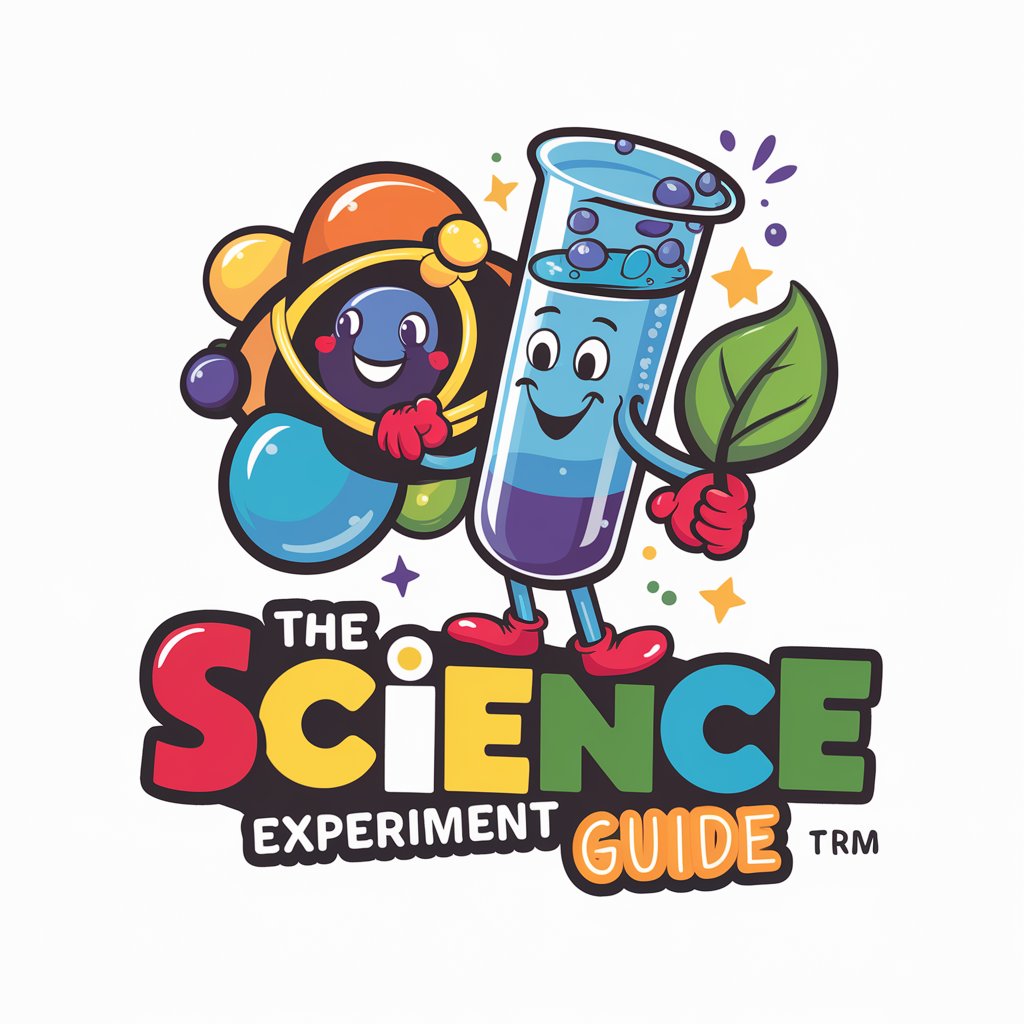
Complex Experiment Design Assistant
Elevate Physics Experiments with AI
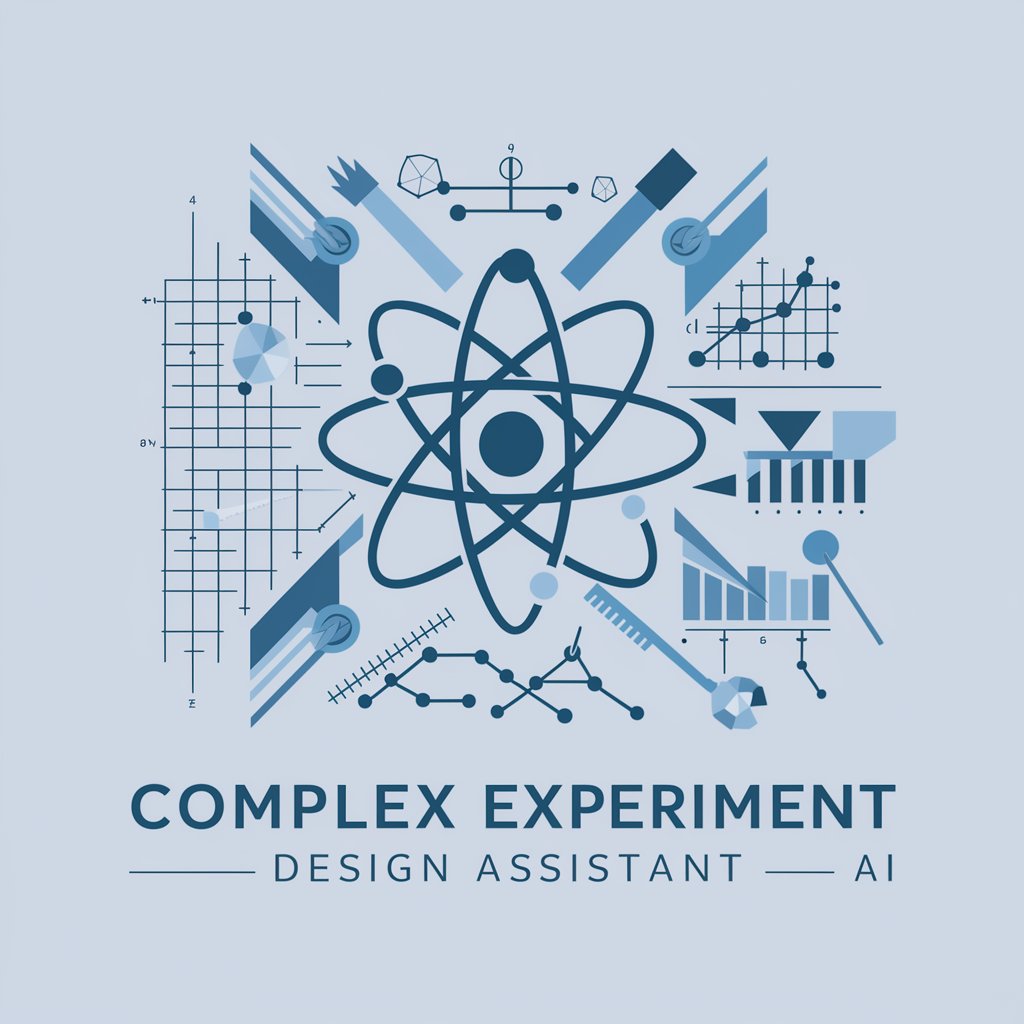
DM Genie for Online Teachers (Trial Version)
Crafting personalized education messages with AI
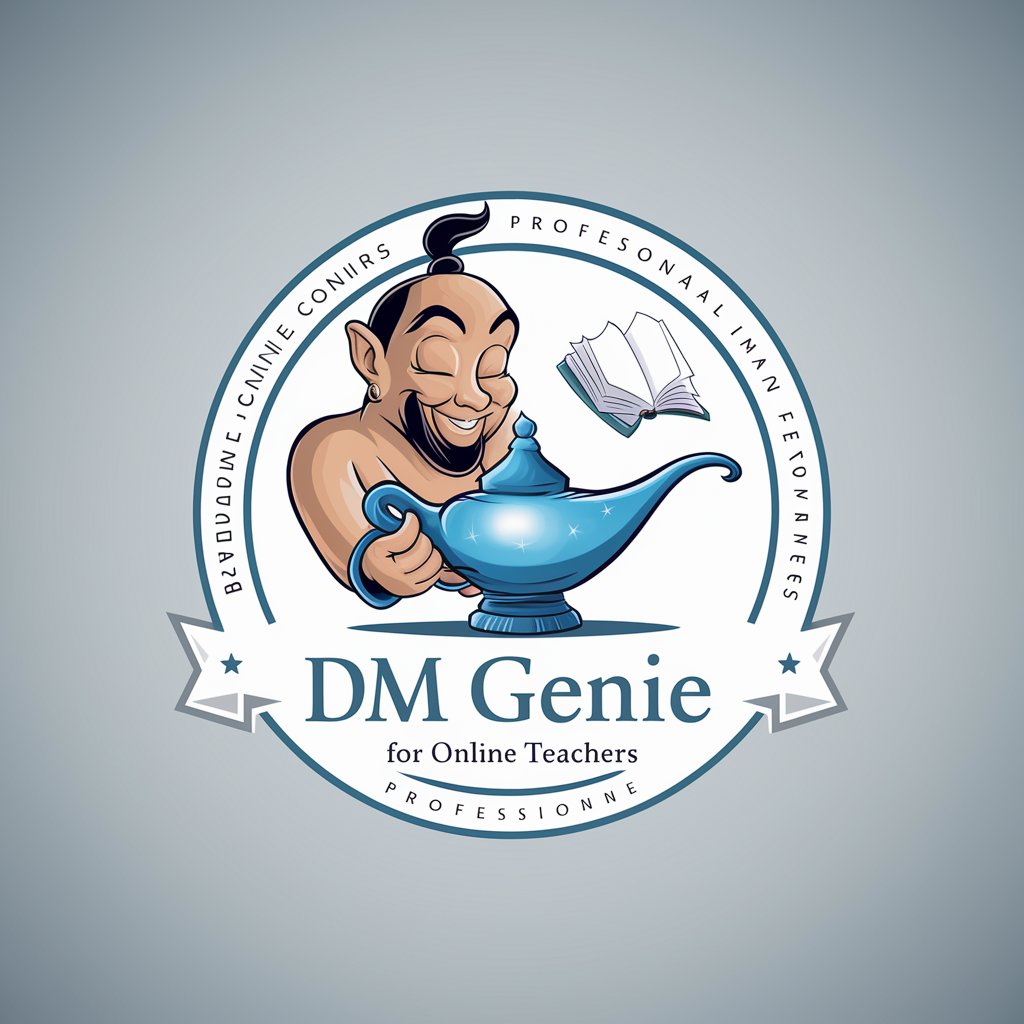
Rust Copilot
Empowering Rust Development with AI

Vertiefungsarbeit Experiment
AI-powered Bicycle Mechanics Insight

MYファッションコーディーネーター
Empowering Your Style with AI

My Butler
Elevate Your Home Experience with AI-Powered Butler Advice

My Mechanic
Empowering DIY Car Care with AI
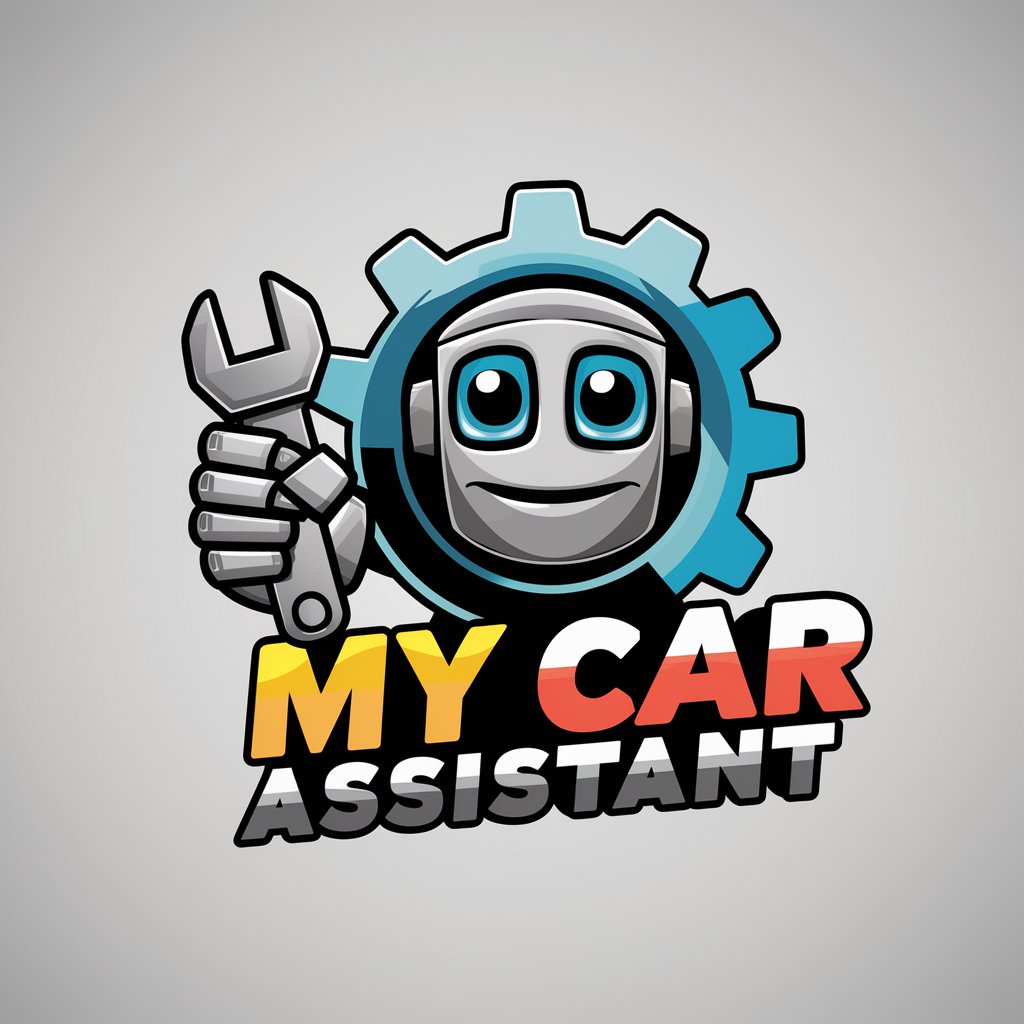
My Affirmation
Empower your mindset with AI
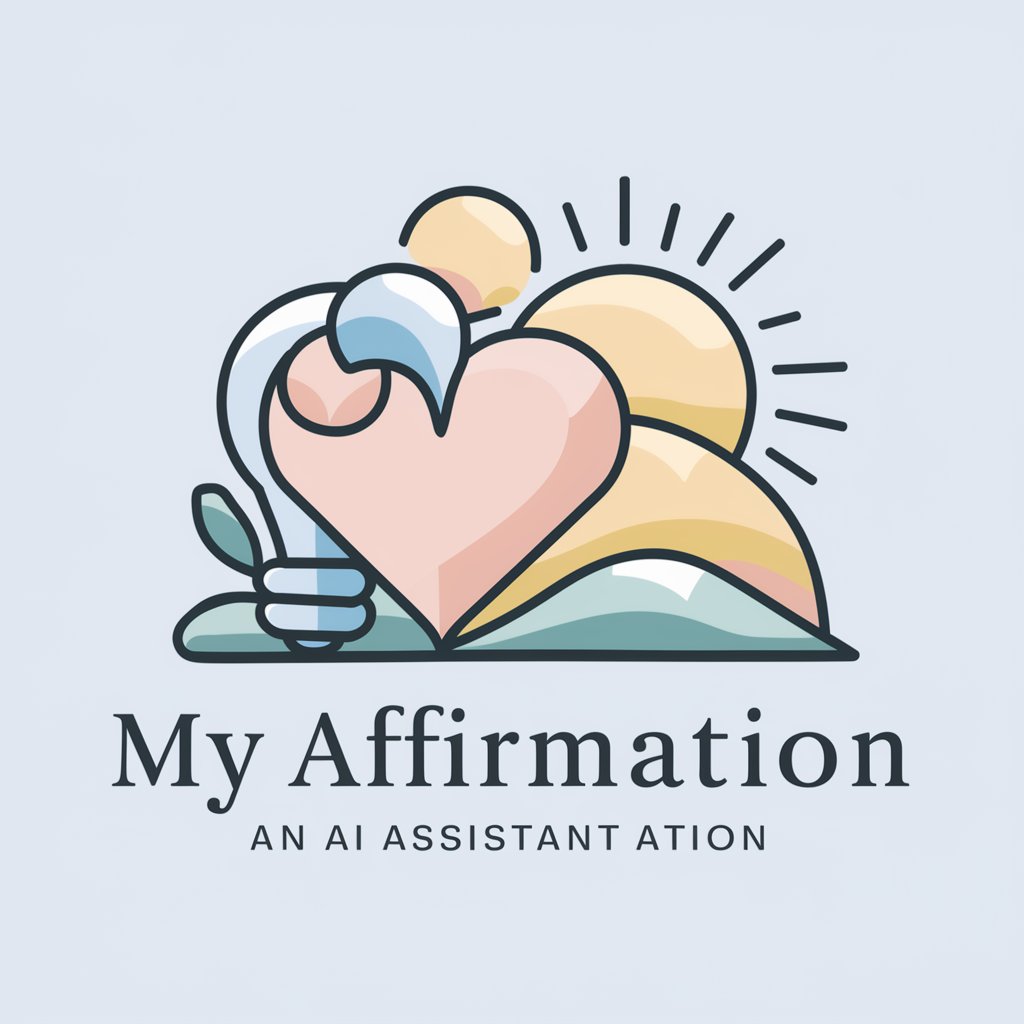
My Writer
Elevate Your Writing with AI

Detailed Q&A About User Experiment Helper
What fields does User Experiment Helper specialize in?
User Experiment Helper specializes in aiding research and experimentation in the fields of Mixed Reality (MR), Human-Computer Interaction (HCI), and Cognitive Science, providing tailored advice and academic references.
How does User Experiment Helper integrate academic research into its responses?
The tool integrates academic research by providing up-to-date literature and references that substantiate the advice given, ensuring users can link their methodologies directly to established scientific knowledge.
Can User Experiment Helper assist in designing studies involving human subjects?
Yes, it is equipped to help design studies involving human subjects, focusing on ethical considerations, study design optimization, and statistical validation, supported by relevant academic references.
What are the advantages of using User Experiment Helper for graduate students?
Graduate students benefit from precise, scientifically backed advice for their theses or dissertations, targeted resources, and improved experimental design, enhancing the quality and impact of their research.
Is prior experience in experimental design necessary to use User Experiment Helper effectively?
No prior experience is required; the tool is designed to guide users at all levels of expertise, from novices to seasoned researchers, providing step-by-step advice and learning resources.
